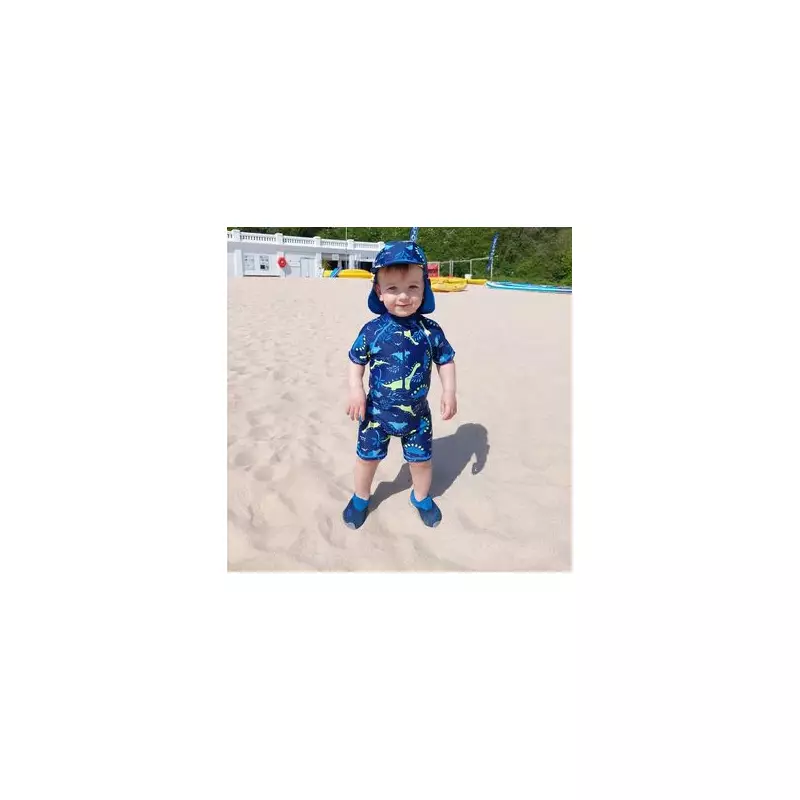
Every parent knows the heart-stopping sound of a toddler taking a tumble. But for one mum, a seemingly minor bump on the head spiralled into a life-threatening nightmare, leading her to issue an urgent warning to all families.
Chloe Dunne's world turned upside down when her two-year-old son, Leo, fell and hit his head at their home. Initially, he seemed fine—a few tears, then back to his playful self. It was the symptom that appeared hours later that signalled something was terribly wrong.
The Symptom No Parent Should Ever Ignore
"He was sick just once, a few hours after the fall," Chloe recounts, the memory still vivid. "It wasn't a lot, but I remembered reading that vomiting can be a sign of a more serious head injury. I trusted my gut and rushed him to hospital."
That single act, that decision to not dismiss a lone episode of sickness, is what doctors later credited with saving her little boy's life. At the hospital, Leo's condition deteriorated rapidly.
A Race Against Time
What followed was a parent's worst fear. Leo was transferred to the critical care unit at Alder Hey Children's Hospital. Scans revealed a devastating truth: he had fractured his skull and was suffering from a brain haemorrhage, causing a dangerous build-up of pressure on his brain.
"It was terrifying. He became really lethargic, he wasn't himself at all," Chloe said. Leo required emergency surgery to relieve the pressure, a procedure that left his parents praying for a miracle.
The Long Road to Recovery
Miraculously, the surgery was a success. Today, Leo is a happy and healthy little boy, with no long-term effects from his traumatic injury. But his mother is determined to use their story as a force for good.
Crucial Advice Every Caregiver Needs
Chloe and the medical experts at Alder Hey urge parents and carers to be vigilant for these key red flags after any head injury:
- Vomiting: Even a single instance can be significant.
- Unusual drowsiness or lethargy: Difficulty waking them or a lack of energy.
- Loss of consciousness: Any blackout, no matter how brief.
- Discharge or blood from the ears or nose.
- Dizziness, confusion, or persistent crying.
- Visual disturbances or unequal pupil size.
"If you see any of these signs, please seek medical attention immediately," Chloe pleads. "Don't worry about wasting anyone's time. It's always better to get it checked. That one bit of sickness was the only sign we had, and I'm so grateful I acted on it."
Her powerful message is a stark reminder that when it comes to head injuries, especially in young children, it's always better to err on the side of caution. A quick response can make all the difference.





